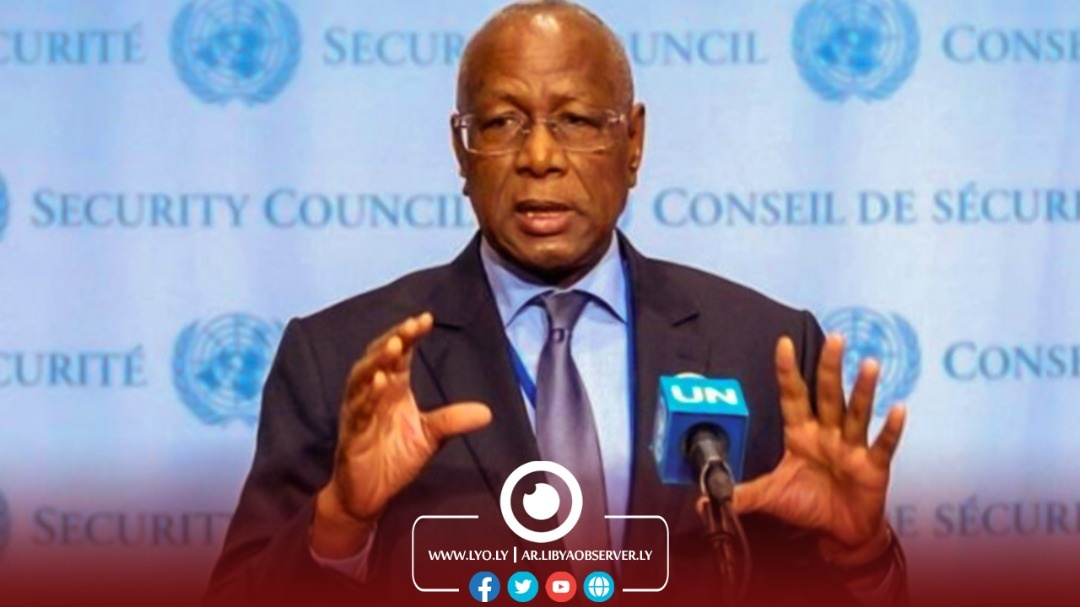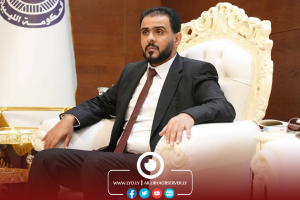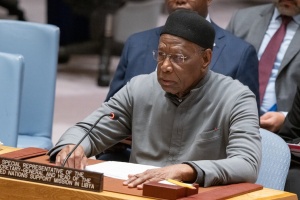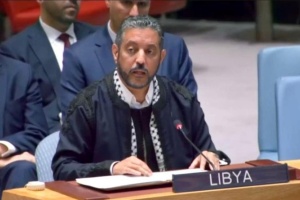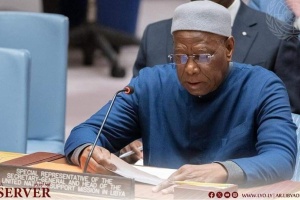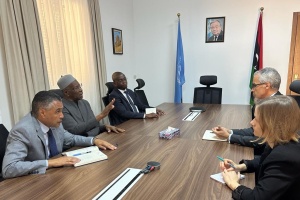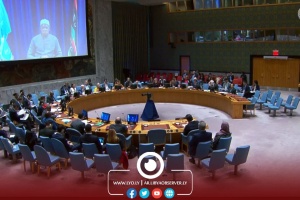The UN envoy to Libya Abdoulaye Bathilly told the Security Council in a briefing Tuesday that his work to support Libya on its path to elections in 2023 and broaden the political process to include a wider scope of actors is underway, adding that he had been engaging key actors through shuttle diplomacy to encourage compromise on key issues blocking progress on elections, and offered the technical expertise of the United Nations Support Mission in Libya (UNSMIL) to the 6+6 Committee formed by the House of Representatives (HoR) and the High Council of State (HCS) to establish electoral laws under Constitutional Amendment 13.
“I urge the leaders of the two chambers to expedite the work of the 6+6 Committee and publish a timebound work programme,” Bathily said, adding "For elections to take place this year, the electoral laws must be completed in time for the High National Elections Commission to begin implementing the electoral process by early July.”
IIn addition to expediting elections, Bathily said his engagements aimed to facilitate the adoption of a code of conduct that commits all candidates and stakeholders to engage in elections in a constructive manner and accept the results.
“It is vital for the success of elections that all parts of Libyan society are involved and have their voices heard,” Bathily said, adding that elections should be a “peaceful competition of visions and programmes” and not “an occasion that triggers hate speech and violence.”
To promote stability and ensure security during and following elections, Bathily referred to his March facilitation of a series of meetings in Tunis, Tripoli, Benghazi and Sebha between the 5+5 Joint Military Commission and Libyan security and military actors from all three regions of Libya.
“Leaders and representatives of military units and security formations operating in western, eastern and southern Libya committed to support all stages of elections, reject violence throughout Libya, take practical steps for the safe return of internally displaced persons, release detainees and address the missing persons issue in the context of national reconciliation,” Bathily told the Security Council, adding that as a result of those consultations, on 8 April 2023, Haftar's forces released six detainees from western Libya as a confidence-building measure.
Bathily also pushed for the removal of foreign fighters and mercenaries from Libya, referring to his travel to Sudan, Chad and Niger to secure support from authorities.
"Under UN auspices, liaison committees from Libya, Sudan, Chad, and Niger also met to discuss strengthening cooperation and establishing an information-sharing mechanism." He said, calling on the international community to “remain mobilized a vigilant” to support the moment toward elections and added that he is committed to continue to use his good offices to facilitate progress, urging Libyan leaders to deliver on their commitments and “meet the people’s expectation to choose leaders this year."

